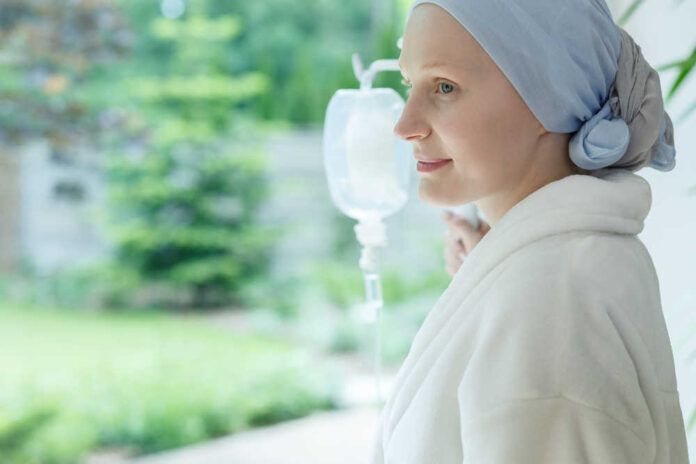
How much control do you feel that you have over whether or not you get cancer?
Is it simply a matter of being born with lucky (or unlucky) genes?
How might your daily habits and decisions affect your risk of developing cancer?
Globally, over 6 million people die each year from cancer. It’s estimated that roughly half of those cases are directly linked to modifiable risk factors – behaviors and lifestyle choices that each individual has some control over.
Smoking Cigarettes
Cigarettes are loaded with carcinogens (substances that promote cancer growth). Most people are probably familiar with the link between smoking and lung cancer, but tobacco smoking is also associated with an increased risk for cancers of the:
- Larynx
- Trachea
- Bladder
- Kidney
- Esophagus
- Sinuses
- Vulva/vagina
- Cervix uteri
- Urinary bladder
- Stomach
- Colorectum
- Pancreas
- Lip/mouth/pharynx
Quitting smoking is one of the most important things you can do for your health, and it’s never too late to see the benefits.
Excess Body Weight
Being overweight or obese is linked to an increased risk of developing heart disease, type 2 diabetes, and depression.
It’s also linked to an increased prevalence of certain types of cancers, such as:
- Esophagus
- Stomach
- Colorectum
- Liver
- Gallbladder
- Pancreas
- Breast
- Corpus uteri
- Ovary
- Kidney
- Renal pelvis
- Thyroid
- Multiple myeloma
Take steps to reach and maintain a healthy weight. This includes eating healthier foods, staying physically active, and avoiding sugary drinks and processed foods.
Alcohol Intake
Although small and controlled doses of alcohol may benefit your heart health, any alcohol consumption increases your risk of developing some types of cancer.
This is primarily due to the ethanol content and acetaldehyde, a metabolite produced as your body breaks down alcohol. Both of these compounds are known to be carcinogens.
Dietary Choices
Eating red and processed meats has been linked to an increased risk of colorectal cancer.
Also, low consumption of fruits and vegetables has been linked to an increased risk of developing a few types of cancer (oral, pharynx, larynx, lung, bronchus, and trachea).
So fill your diet with abundant fruits and vegetables, and minimize your intake of red and processed meats.
Physical Inactivity
Sedentary lifestyles tend to go hand-in-hand with unhealthy diets, increased body weight, insulin resistance, and inflammation – all known risk factors for breast cancer.
You can significantly reduce your risk by regularly engaging in exercise and physical activity, which may provide protective effects against breast cancer, as well as colon and corpus uteri cancers.
UV Radiation
Sunlight exposure is the primary source of UV radiation, but you can also be exposed to high levels from tanning beds and sunlamps.
This type of radiation is linked to an increased risk of developing melanoma skin cancer, which is why it’s so important always to wear sunscreen and stay out of direct sunlight as much as possible.
It’s Not Your Fault
These lifestyle choices can impact your risk of developing cancer, but this does not mean that you should blame yourself if you develop cancer (or blame or shame anyone else for their diagnosis).
Cancer is a complex disease with many contributing factors, not all of which are controllable.
Understanding these modifiable risk factors can empower you to make good choices that may lower your cancer risk. Still, it’s important to remember that cancer is not always preventable.
If you have any concerns about your risks or are experiencing symptoms, speak with your doctor. Early detection and treatment are critical for the best possible outcome.






















